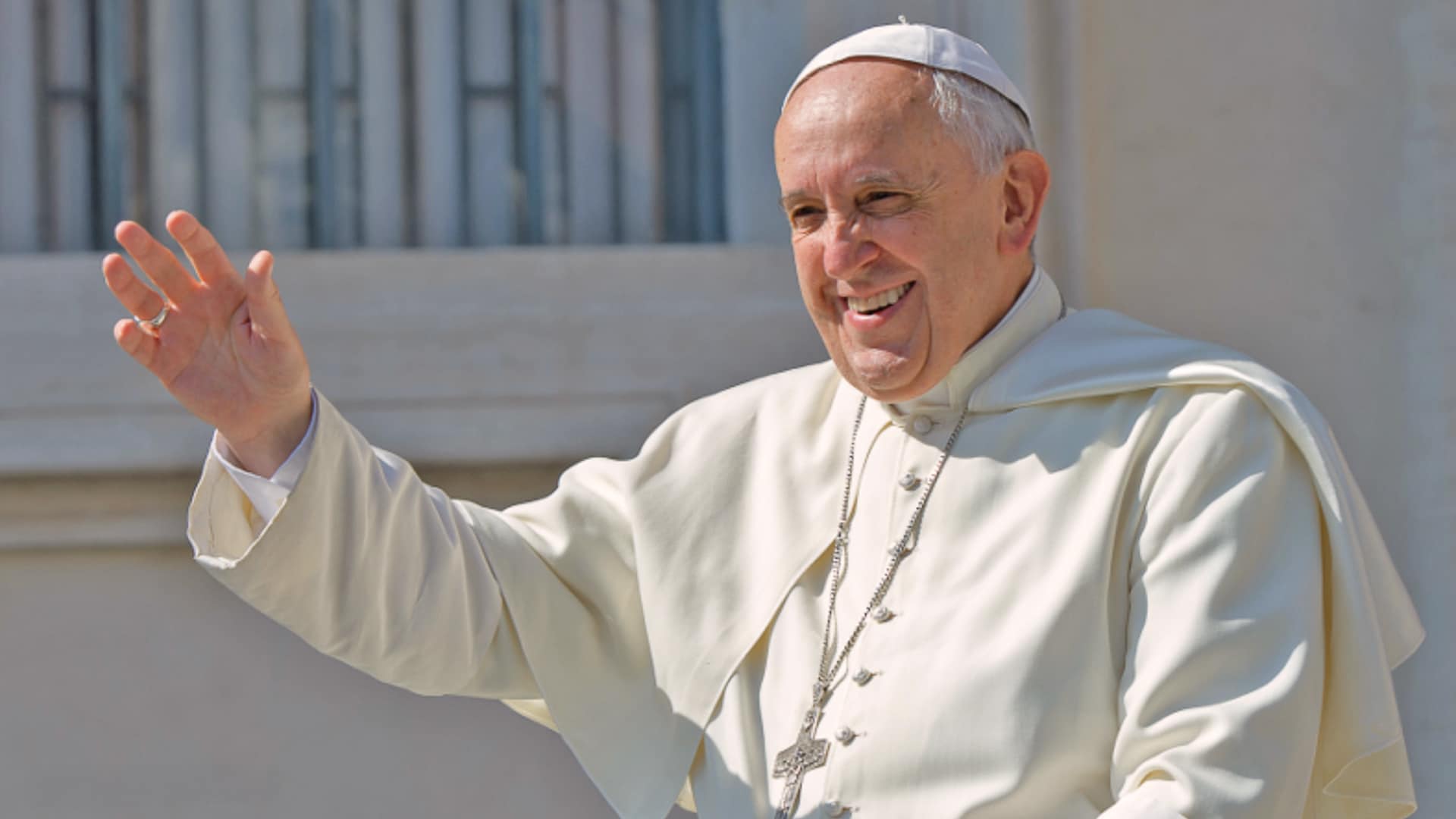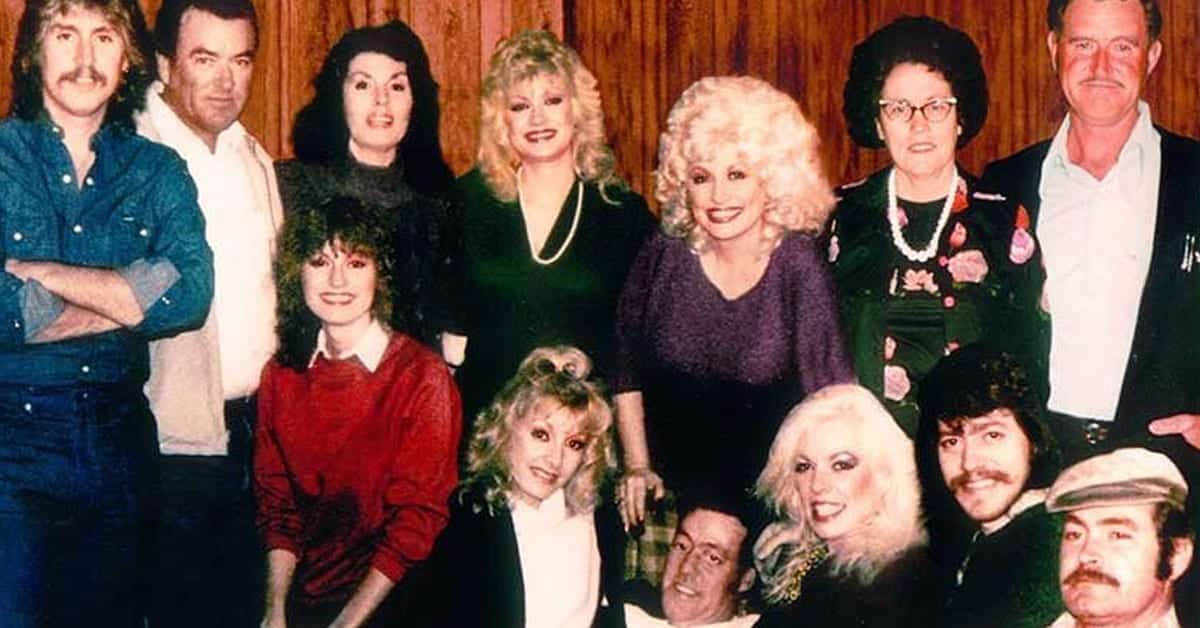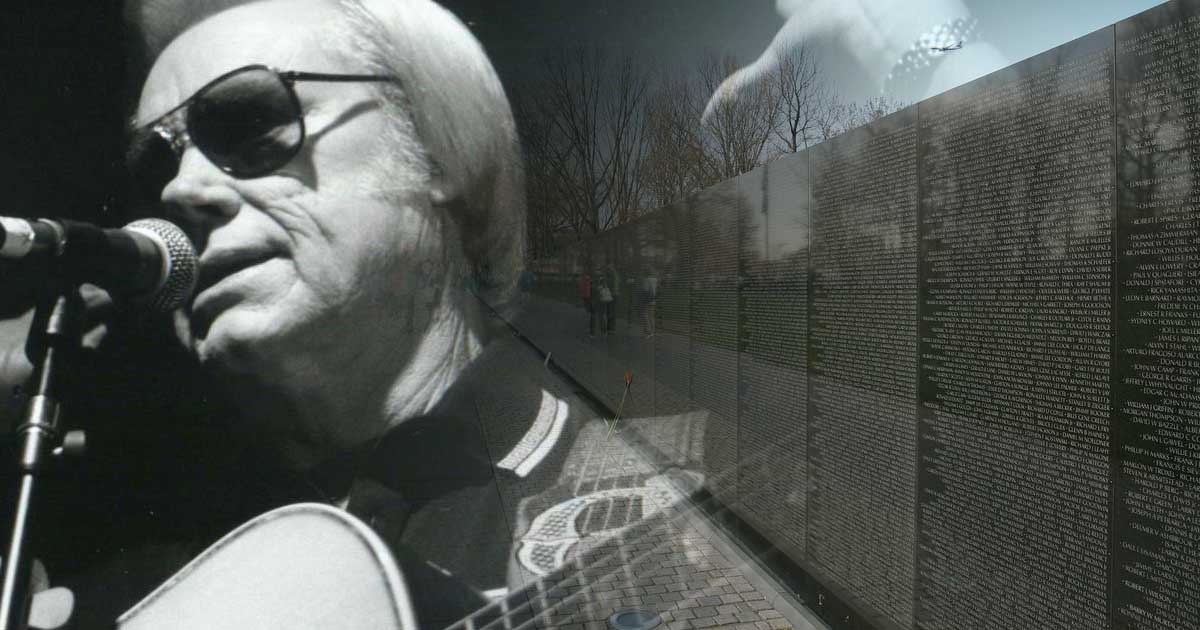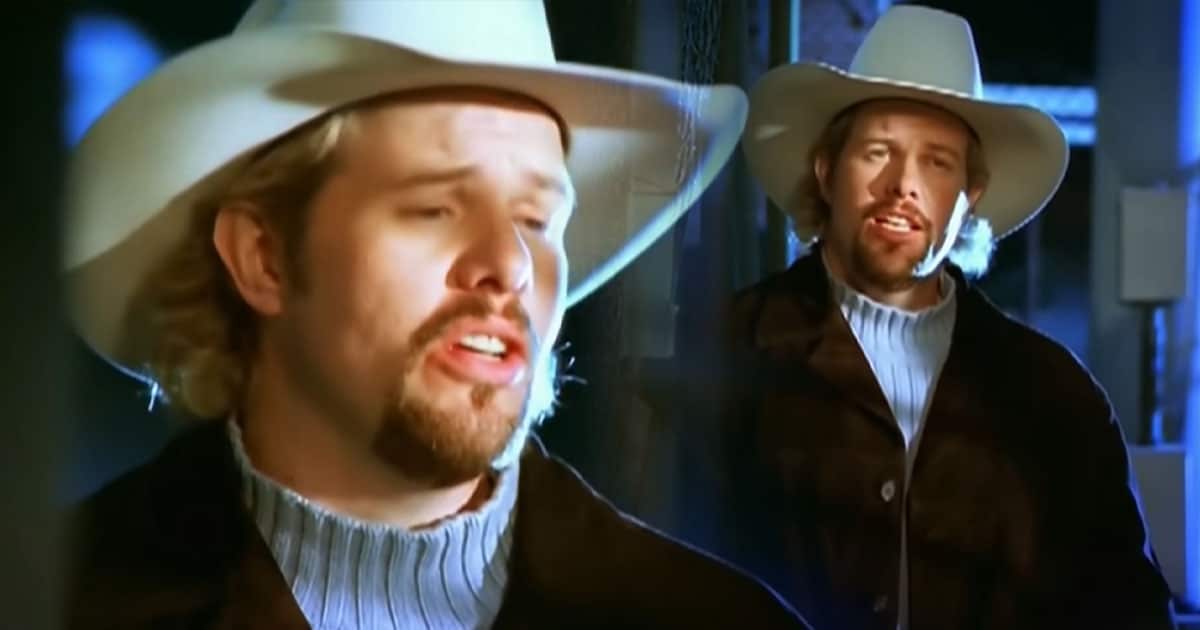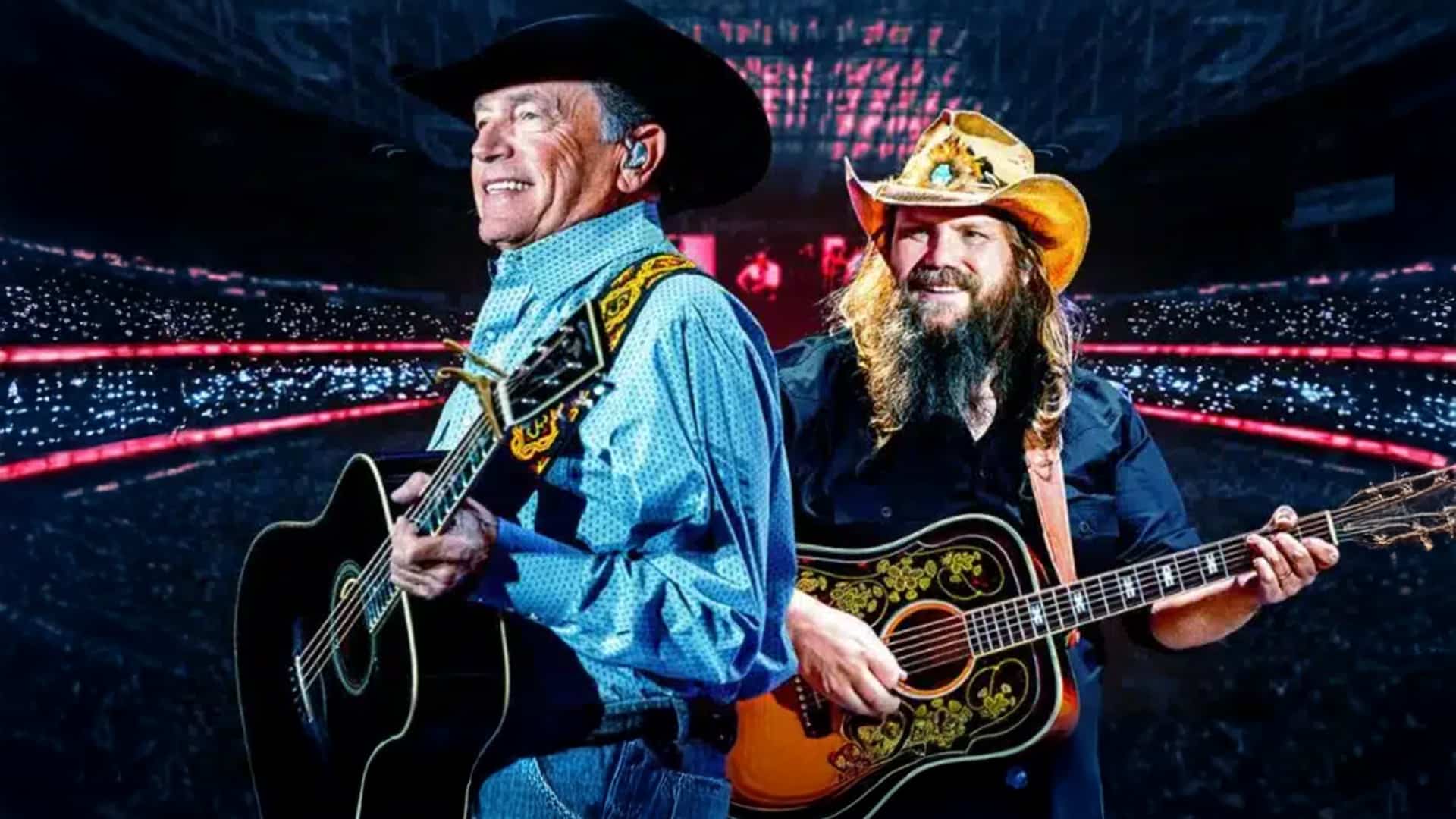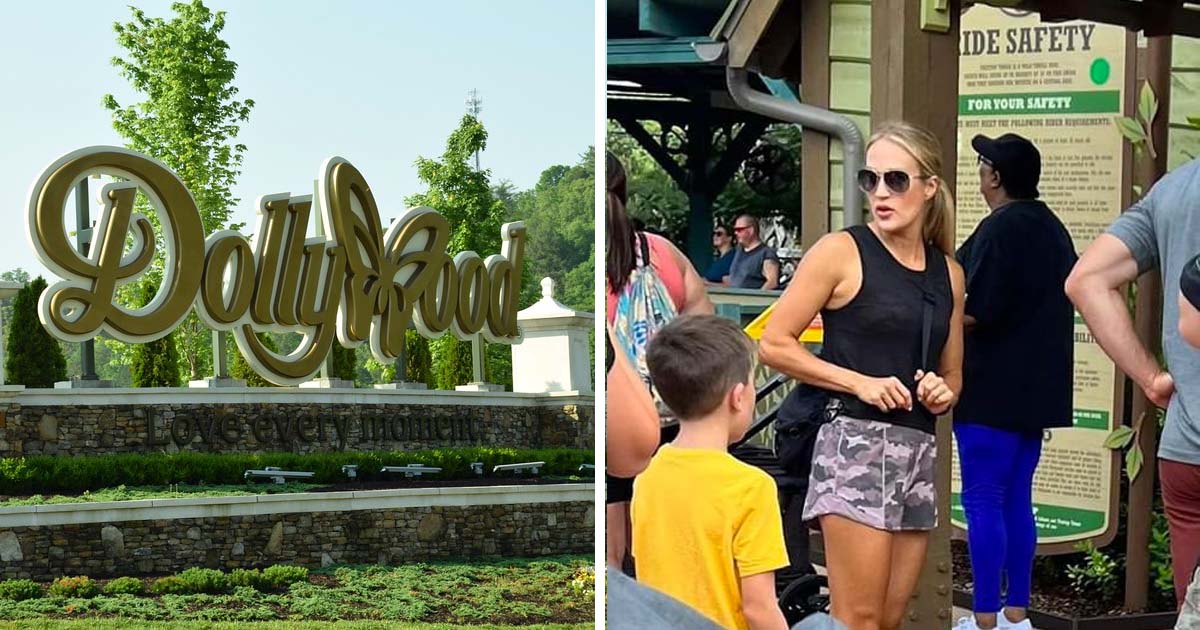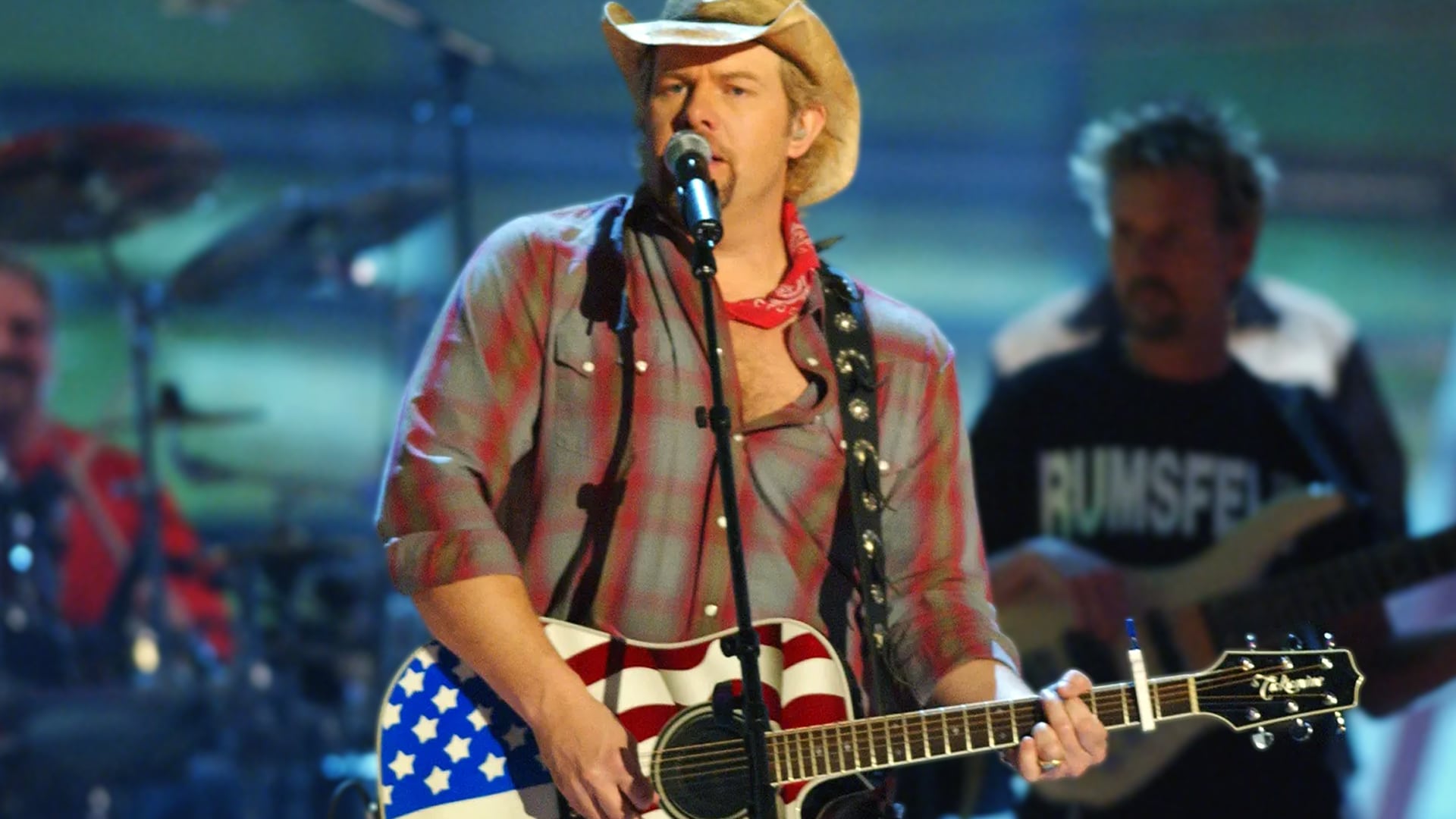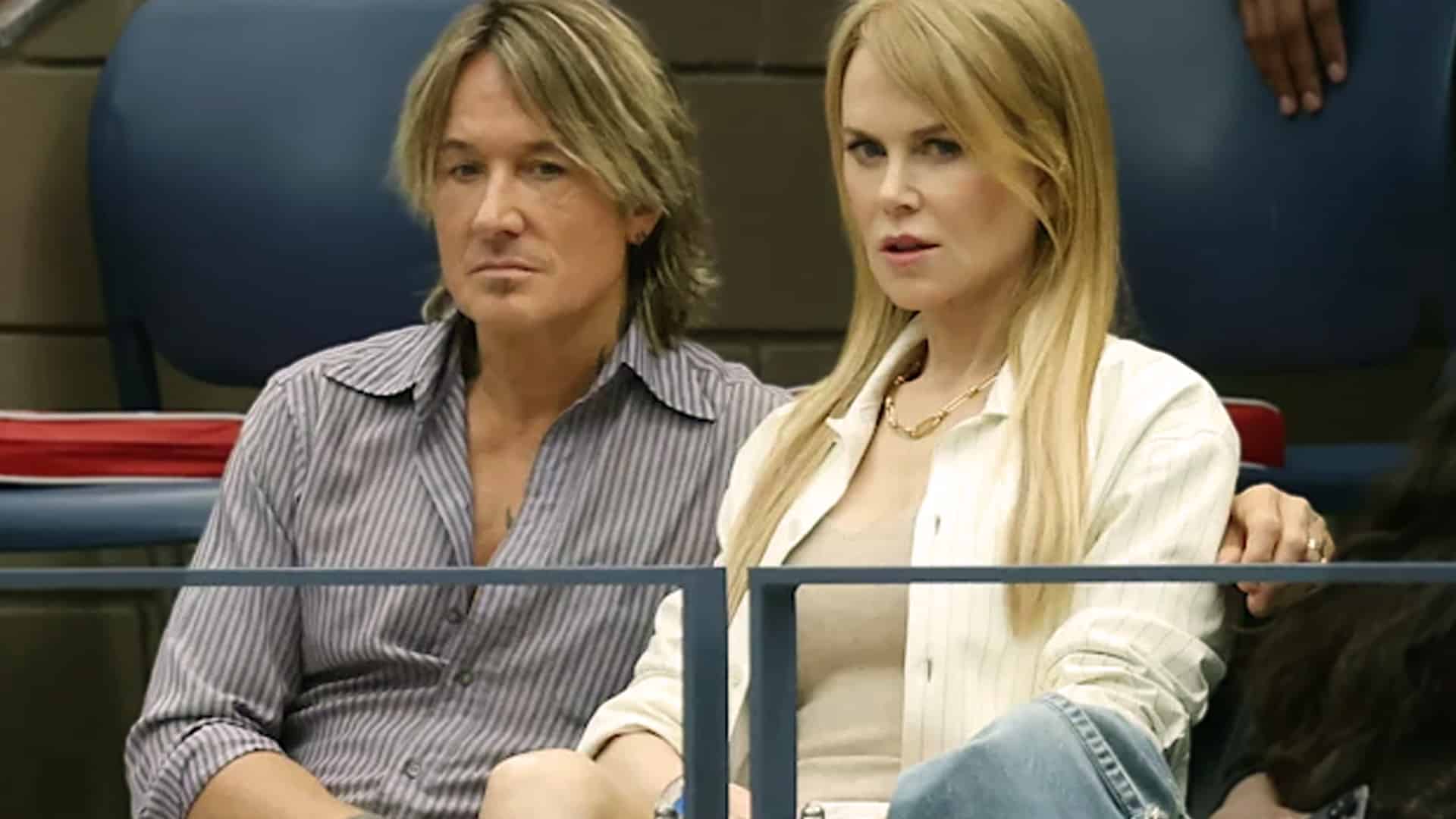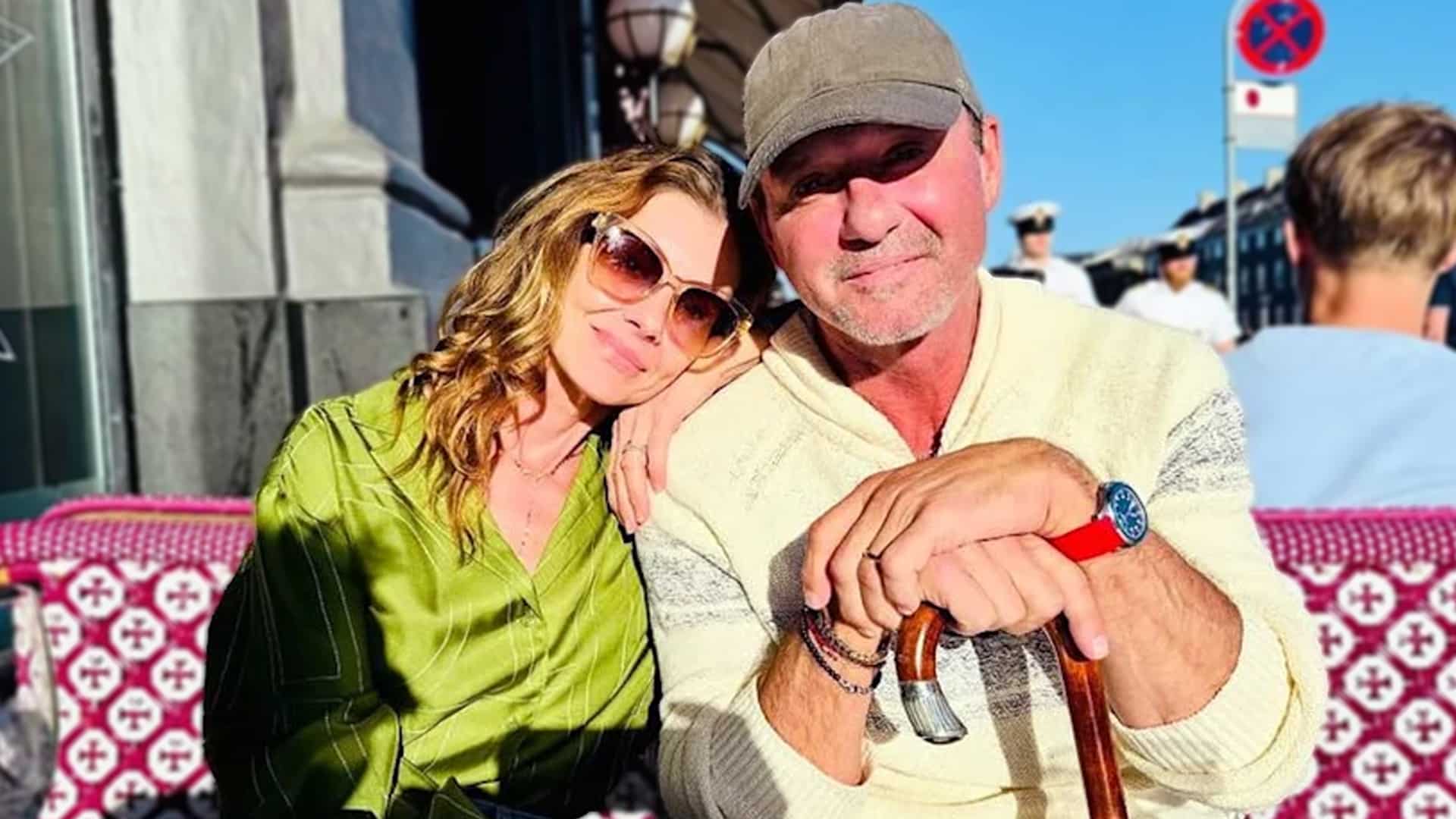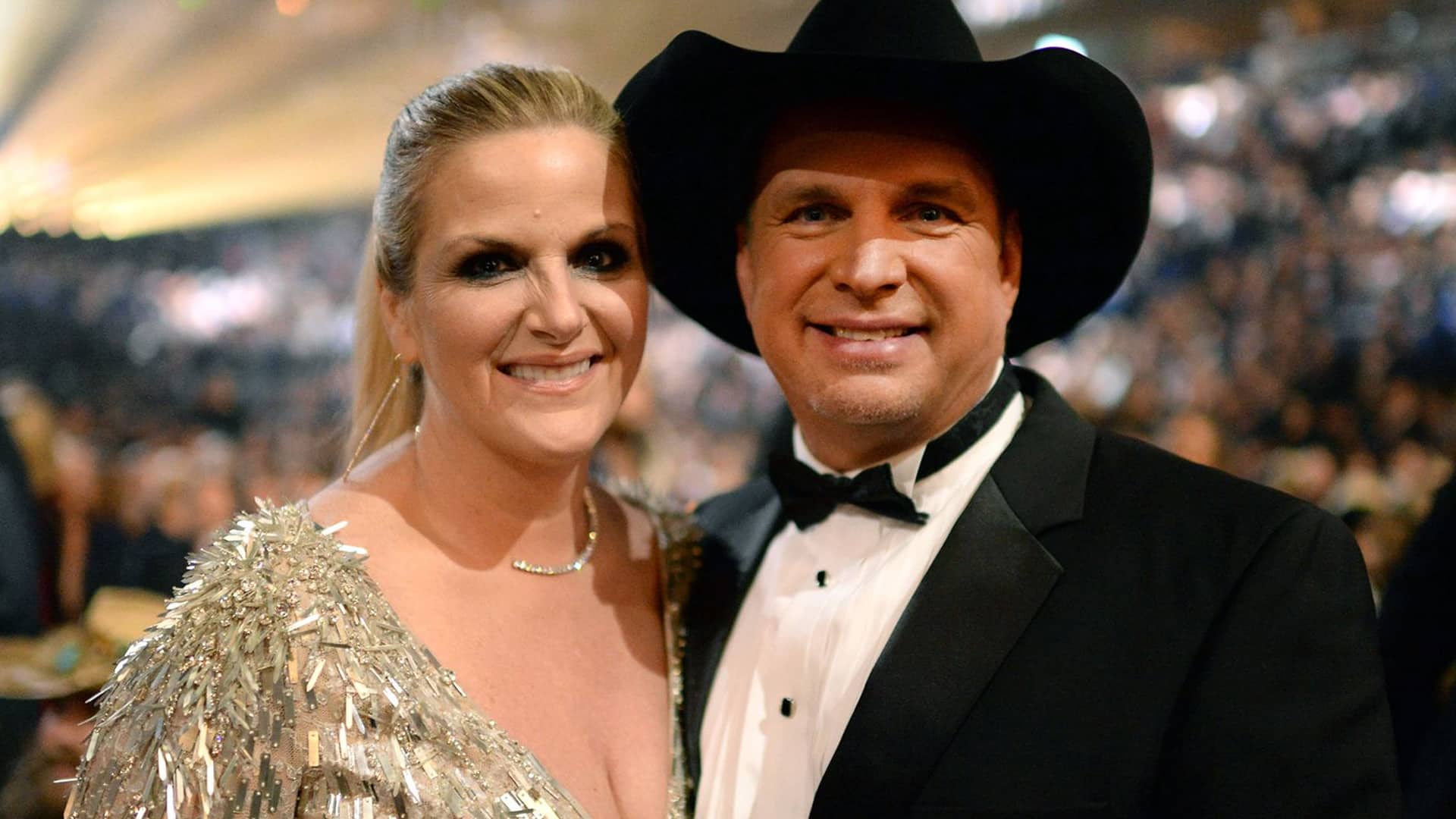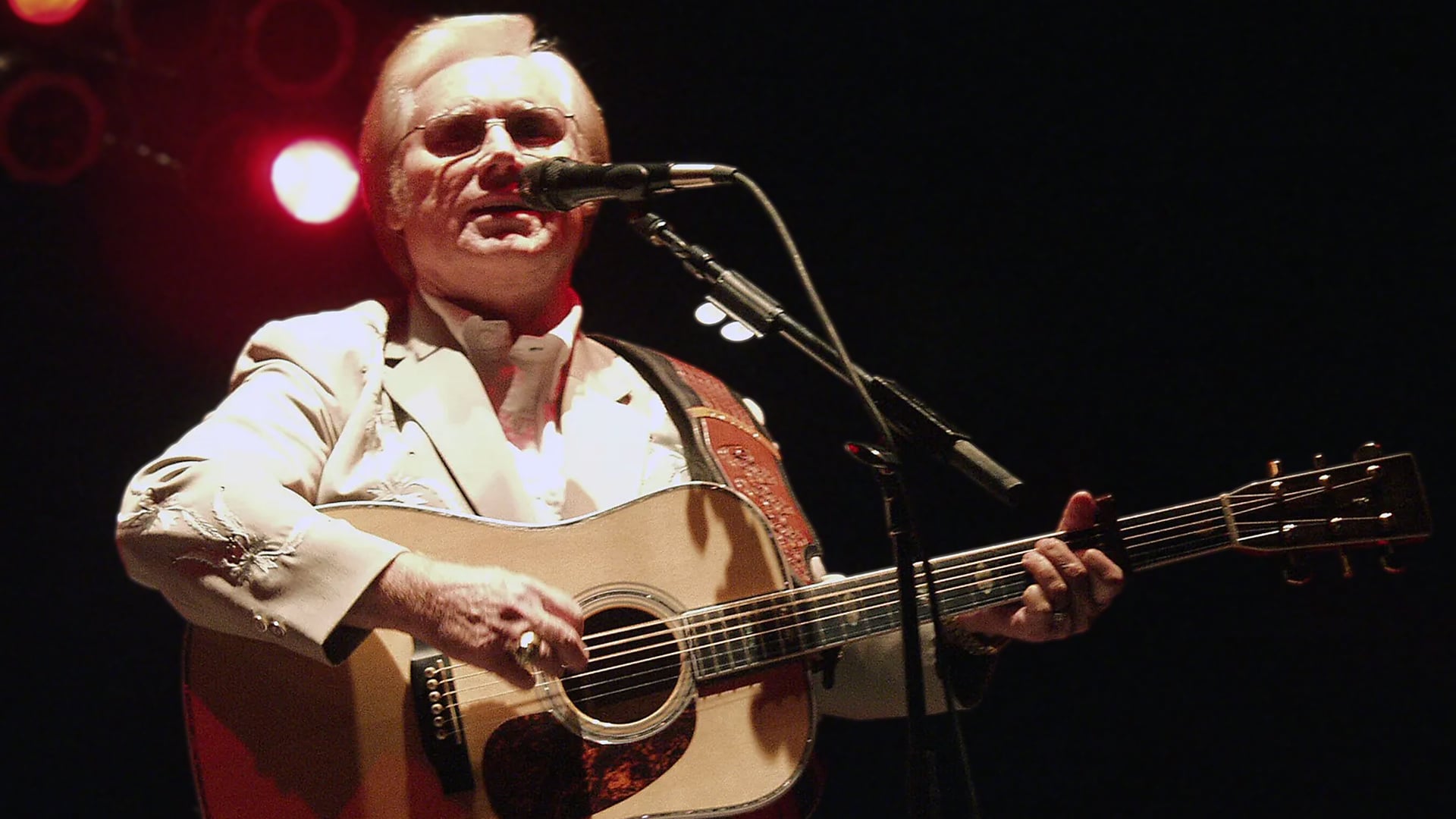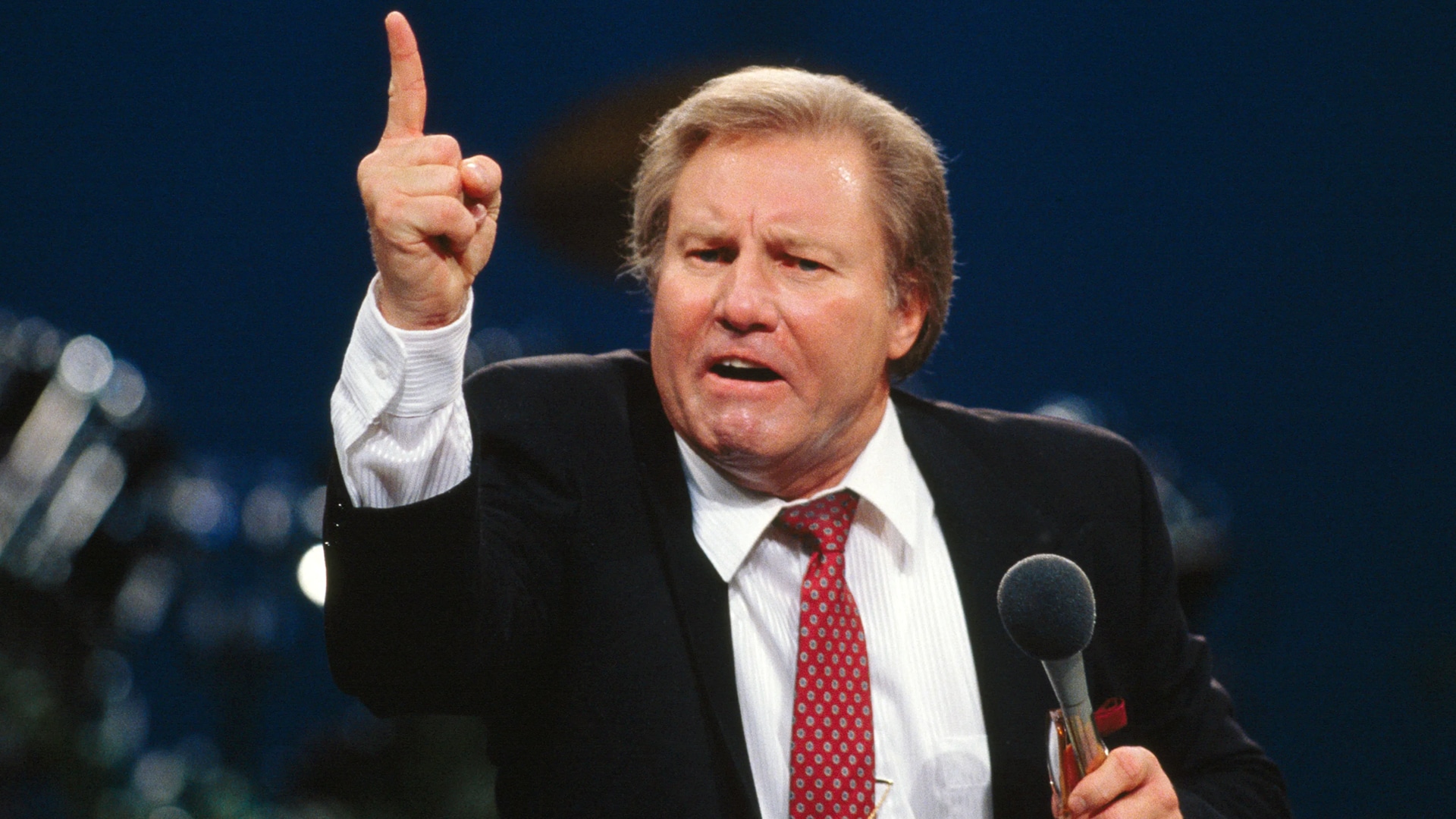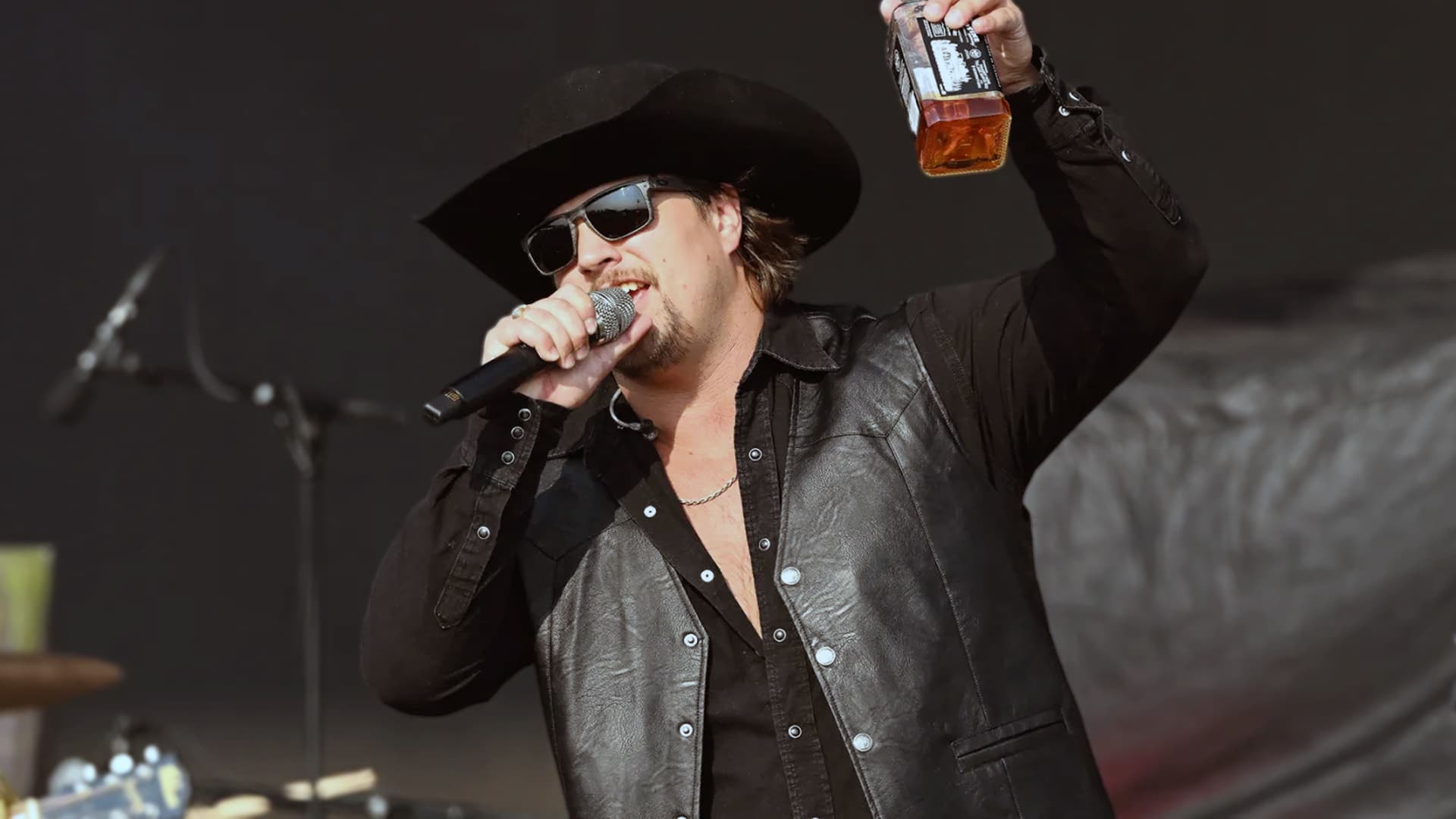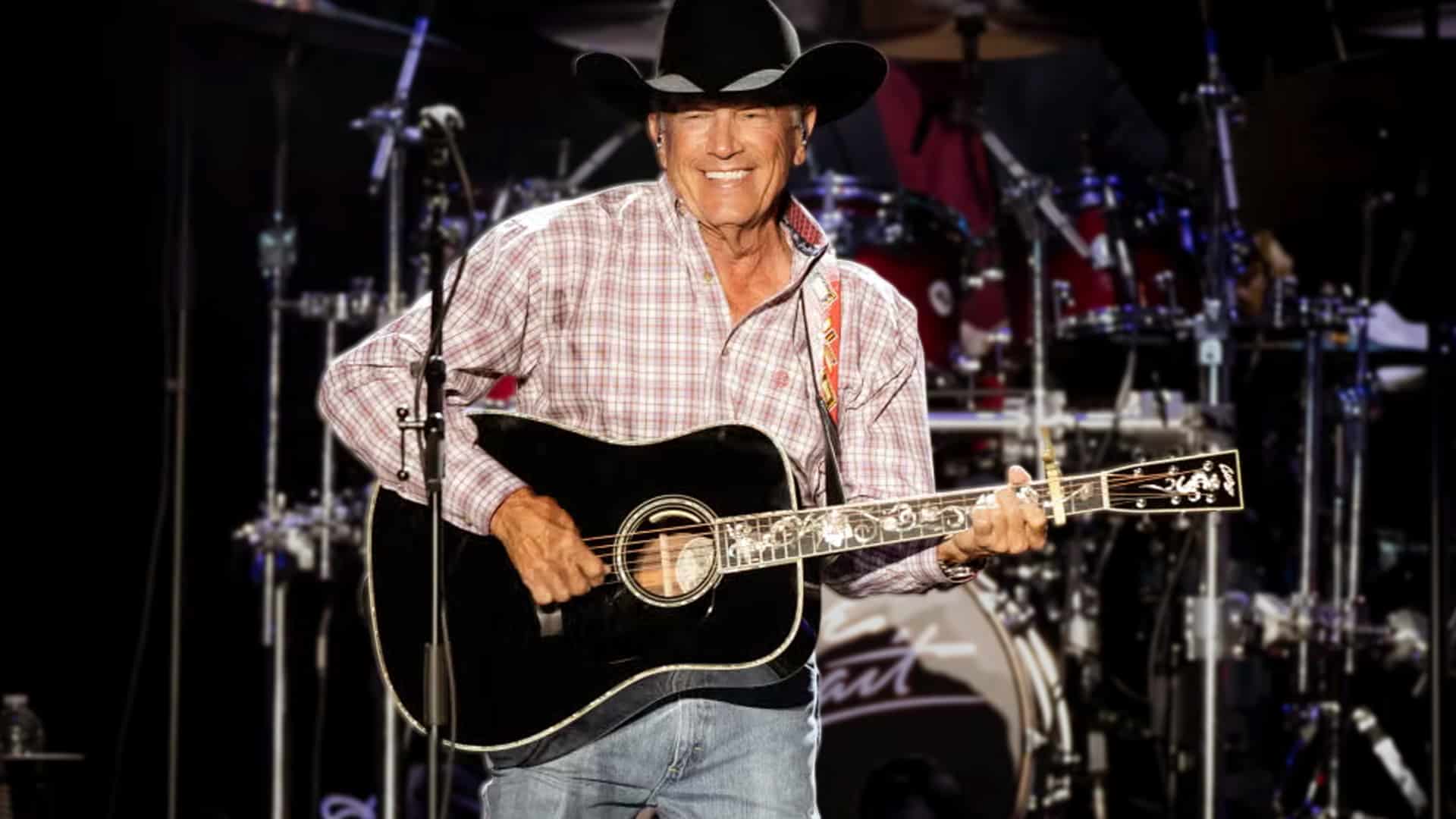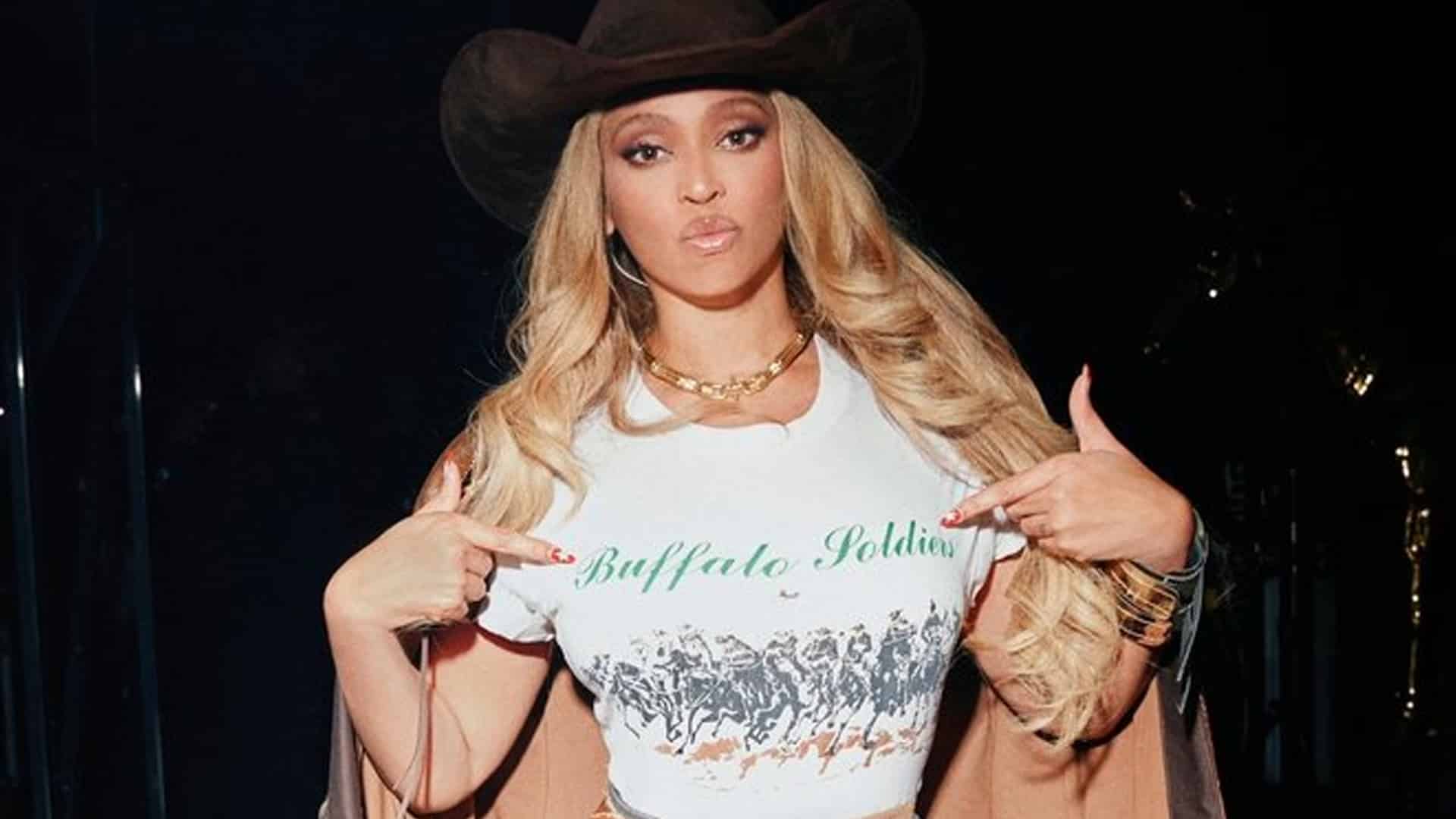Just one day after delivering his final Easter address and meeting with U.S. Vice President J.D. Vance, Pope Francis, the first pope from the Americas and a defining spiritual voice of the 21st century, passed away at the age of 88.
The Vatican confirmed that Francis died on the morning of Easter Monday, April 21, at 7:35 a.m. at his residence in Casa Santa Marta, following ongoing health struggles that had intensified in recent months.
His death came just weeks after a 38-day hospital stay for bronchitis that progressed into double pneumonia. This condition left him visibly weakened but still spiritually present. As recently as Easter Sunday, the Pope had engaged in limited but meaningful activities, marking his twelfth Easter as the leader of the Catholic Church.
“His entire life was dedicated to the service of the Lord and His Church,” said Cardinal Kevin Farrell in a statement. “He taught us to live the values of the Gospel with fidelity, courage, and universal love, especially in favour of the poorest and most marginalised.”
Born Jorge Mario Bergoglio in Buenos Aires, Argentina, Francis made history when he was elected Pope in March 2013, following Pope Benedict XVI’s resignation. He was the first Jesuit pope, the first Latin American pope, and the first non-European pontiff in over 1,200 years.
He chose simplicity over status—eschewing the grand papal apartments in favor of a modest Vatican guesthouse—and often reminded the Church: “My people are poor and I am one of them.” Known for his focus on mercy and social justice, Pope Francis became a global moral voice, advocating for migrants, the environment, and economic inclusion.
In 2020, he made headlines by voicing support for civil unions for same-sex couples, stating in the documentary Francesco, “They are children of God and have a right to a family.” His tenure was marked by both praise for his pastoral heart and criticism for his handling of sex abuse scandals and clashes with conservative factions within the Church.
Despite health setbacks—including colon surgery in 2021 and part of a lung removed in his youth—Francis maintained an active schedule deep into his papacy. On March 13, while still hospitalized, he marked the 12th anniversary of his election with a quiet celebration: a cake brought to his bedside.
His last recorded message was released by the Vatican on March 6 in Spanish:
“I thank you with all my heart for the prayers you offer for my health from [St. Peter’s] Square. I accompany you from here. May God bless you, and may the Virgin protect you.”
Now, the man who reshaped the papacy with humility, conviction, and fearless compassion has returned to the house of the Father.
And for the 1.3 billion Catholics he led—not from a throne, but from among them—his absence will be deeply felt and his example long remembered.

